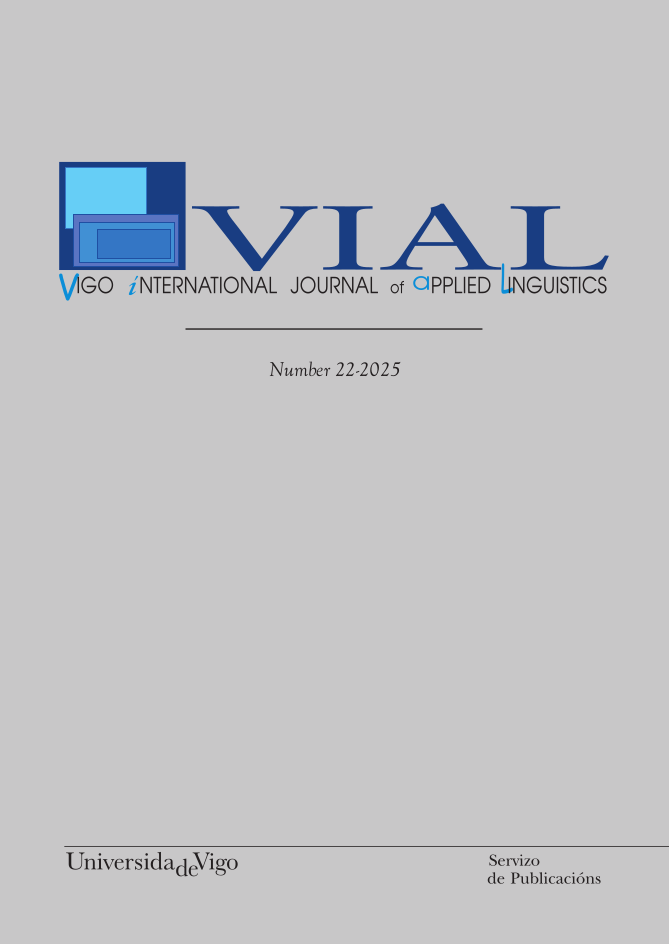Navigating languages and love: Exploring the perceived emotional weight of I love you among Third Culture Kids in Denmark
DOI:
https://doi.org/10.35869/vial.v0i22.5242Schlagworte:
Third Culture Kids, multilingualism, emotions, love, emotional weightAbstract
This mixed-methods study contributes to understanding the emotional dynamics of a distinct, yet understudied, multilingual population: Third Culture Kids (TCKs). These individuals are typically raised in multilingual and nomadic households and are extensively socialised in English through international schools and expatriate communities. While prior research has focused on the emotional nuances of the phrase I love you in adult populations, a significant gap remains in understanding these nuances in other age groups, particularly in the context of transnational upbringing. This study addresses this gap by exploring the perceived emotional weight of the phrase in the linguistic repertoire of 276 TCKs enrolled in the International
Baccalaureate Program by examining the emotional dynamics shaped by their first language (L1,mainly a heritage language) and their frequent exposure to English (LX, acquired after L1) in an environment influenced by American culture, where the use of I love you is a daily phenomenon. Unlike previous studies, results indicated a combined heightened emotional weight of L1 and LX, challenging the traditional centrality of L1. Furthermore, multinomial logistic regression models revealed TCKs’ unique sociobiographical factors as the driving force behind their emotional perception. These findings contribute to understanding how sociobiographical features influence linguistic emotional perceptions and cross-cultural communication.
Downloads
Downloads
Veröffentlicht
Ausgabe
Rubrik
Lizenz
Revistas_UVigo es el portal de publicación en acceso abierto de las revistas de la Universidade de Vigo. La puesta a disposición y comunicación pública de las obras en el portal se efectúa bajo licencias Creative Commons (CC).
Para cuestiones de responsabilidades, propiedad intelectual y protección de datos consulte el aviso legal de la Universidade de Vigo.



